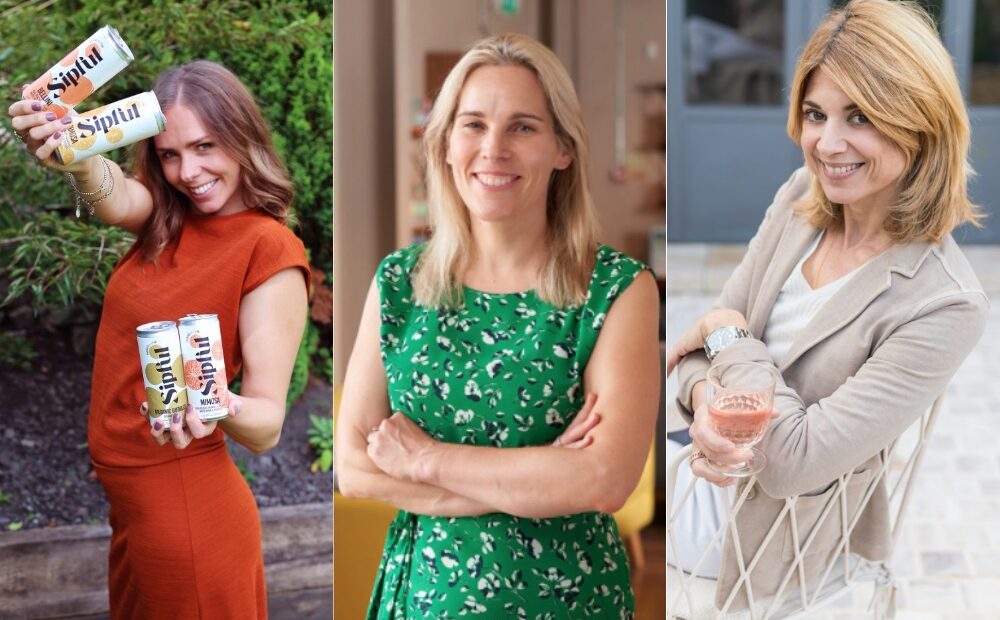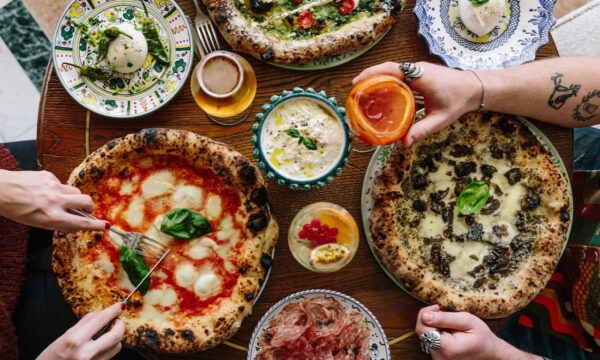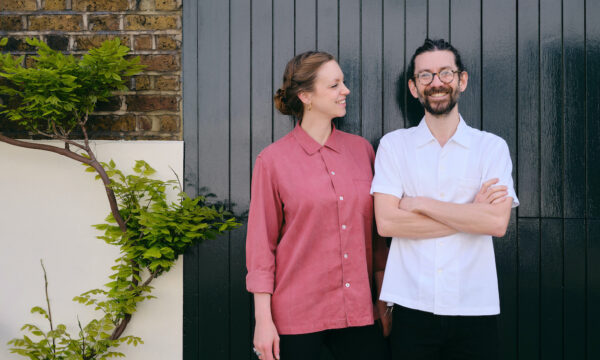International Women’s Day: Three female pioneers of the drinks industry talk empowerment, innovation and inclusivity

In the world of business, the issue of gender equality often bubbles just below the surface. International Women’s Day (IWD) is a perfect time to stir up the pot and give the conversation the platform it deserves. Hospitality, like any traditional industry, has a history of male-fronted enterprises, but remarkable progress has been made thanks to a generation of forward-thinking female entrepreneurs. In recognition of IWD, three of the pioneering women behind some of the nation’s most exciting alcohol brands shared their experience, aspirations and advice.
Emily Darwell, co-founder of Sipful, is keen to challenge the assumption that the sector is still male-dominated: “Us girls have made a pretty big impact into cultivating an inclusive drinks industry. Long may that continue.” Her successful brand of canned cocktails, which provides a sustainable, natural solution to drinks on the go, is testimony to this diversification. However, she does admit that being a parent can prove an obstacle: “I have sometimes struggled with the priority shift in becoming a mum. I struggle to find where I fit within the business but I’m making peace with that.” Indeed, she believes that there’s not really any such thing as “having it all”; rather, life is one big balancing act – “I’m sitting here writing this in my work out gear, having not worked out, surrounded by unfinished tasks […] but all of the Sipful orders are boxed up or out for delivery”.
Like Darwell, Miranda Hayman, co-owner of both Hayman’s Gin and Merser Rum, doesn’t believe you can really have it all, but for her, seeking help when you need it is vital: “You do need a support network, whether that is your partner, family or friends, and definitely some flexibility at times.” Hayman took over the running of the fifth-generation family business alongside brother James before the duo embarked on a new venture, creating Merser Golden Rum. The entrepreneur admits she has been lucky in that working with her father and brother has ensured her treatment as an equal, but she is also hopeful about the evolution of the sector: “The industry has changed enormously in terms of the male/female ratio since I joined over 20 years ago and I certainly have far more confidence today than I did when I first joined.”
Jenny Cronk, the co-founder of multi-award-winning rosé wine and gin brand, Mirabeau, has also seen a remarkable change: “Like most traditional industries, the wine and spirits industry is rapidly evolving and we are incredibly fortunate to have a lot of talented women joining the field.” Indeed, she sees the sector as “a very natural place for women with their great creative minds, attention to detail and amazing organisational skills.” Though Cronk confesses finding it hard to trust her own decisions in the past due to a lack of female role models, she is inspired by the perpetually changing makeup of the drinks business: “I am really glad to see so many incredible women now, reaching out and empowering others to have confidence in themselves and where they are.”
Their advice for fellow women in the industry? Darwell stresses the importance of being firm and having fun: “Have high expectations and don’t budge easily; think creatively and encourage innovation; do it with passion, charisma and enthusiasm; and if you’ve got any energy left… try to enjoy the journey!” Hayman stresses the value of being versatile and appreciating those around you: “I would advise anyone to gain as much experience as possible in a range of roles as that has really given me a voice within our business. Secondly, do take the time to listen to the opinion of others to then digest and reflect before any knee jerk response.” Cronk, on the other hand, acknowledges the darker depths of gender discrimination, but urges people to stand up and speak out: “Of course, it can be incredibly tough if you find yourself in a situation beyond your control, or where you face systemic sexism. These situations remain very complicated for a lot of women out there, but I’m glad there seem to be better systems in place to make their voices heard and change the narrative. I’m fully aware it’s easier said than done, but if enough of us seize these mechanisms for change, there will be less and less room for poor behaviour.”
The editorial unit




















Facebook
Twitter
Instagram
YouTube
RSS